
Hair loss is a common issue that many women face at some point in their lives. It can be a distressing experience, impacting not only your appearance but also your self-esteem. Fortunately, numerous remedies are available to combat hair loss and promote hair regrowth. This comprehensive guide will explore the top 12 hair loss remedies for women, including natural treatments, medications, and lifestyle changes. Whether you’re dealing with thinning hair on the top of your head or general hair fall, these remedies help you regain your luscious locks.
Understanding Hair Loss Remedies for Women
Hair loss in women can be caused by various factors like stress, hormonal changes, or genetics. To help manage it, try hair loss remedies for women such as using gentle hair care products, incorporating a balanced diet rich in vitamins and minerals, managing stress through relaxation techniques, and considering treatments like minoxidil or essential oils. Regular scalp massages and avoiding harsh styling tools can also promote healthier hair growth. It’s important to consult a healthcare provider for personalized advice if hair loss persists.
Causes of Hair Loss
Hair loss in women can be caused by various factors, including:
- Hormonal Changes: Pregnancy, menopause, and thyroid issues can affect hormone levels and lead to hair loss.
- Genetics: Female pattern baldness, or androgenetic alopecia, is hereditary and can cause thinning hair.
- Nutritional Deficiencies: Lack of essential nutrients like iron, zinc, and vitamins can weaken hair.
- Stress: Chronic stress can lead to conditions like telogen effluvium, where hair falls out in large quantities.
- Medical Conditions: Conditions like polycystic ovary syndrome (PCOS) and autoimmune diseases can cause hair loss.
- Medications: Certain medications, including those for cancer, arthritis, and depression, can have side effects that include hair loss.
Types of Hair Loss
Understanding the type of hair loss you are experiencing is crucial for selecting the right treatment. Common types include:
- Androgenetic Alopecia: Genetic hair loss resulting in thinning hair, especially on the top of the head.
- Telogen Effluvium: Temporary hair loss due to stress, illness, or hormonal changes.
- Alopecia Areata: An autoimmune condition causing patchy hair loss.
- Traction Alopecia: Hair loss caused by tight hairstyles that pull on the hair.
best 12 Hair Loss Remedies for Women
There are 12 best hair loss remedies for women following
1. Minoxidil (Rogaine) are Hair Loss Remedy for Women
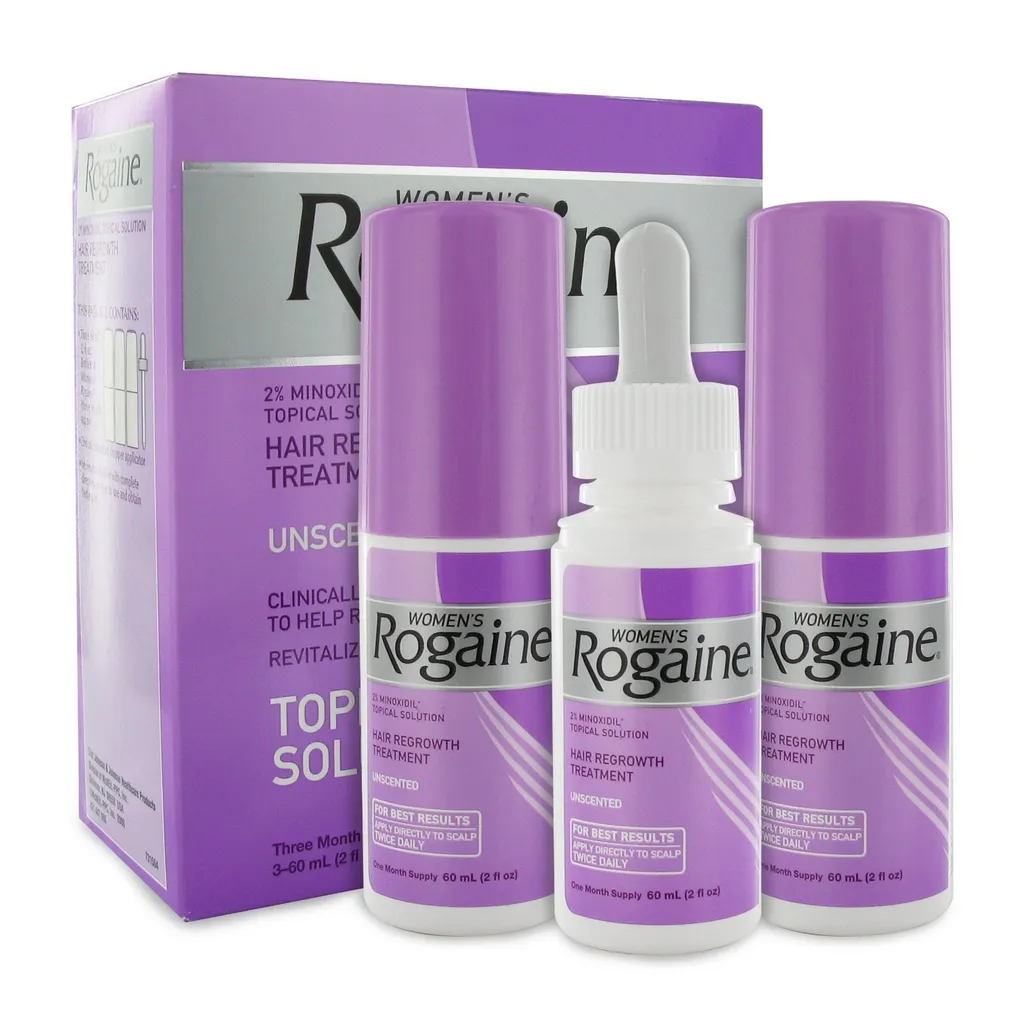
What is Minoxidil?
Minoxidil, also known as Rogaine, is a topical solution that is one of the best medicines for hair fall and regrowth in females. It’s applied directly to the scalp to stimulate hair follicles, promote new hair growth, and slow down hair loss.
How to Use Minoxidil
- Application: Apply the solution to dry hair and scalp twice daily.
- Massage: Gently massage it into your scalp.
- Drying Time: Allow it to dry completely before styling your hair.
Benefits of Minoxidil
- Proven Effectiveness: Clinically proven to regrow hair in women.
- Easy to Use: A simple application process fits into daily routines.
- Widely Available: Over-the-counter availability makes it accessible.
2. Platelet-rich plasma (PRP) Therapy are hair loss remedy for women
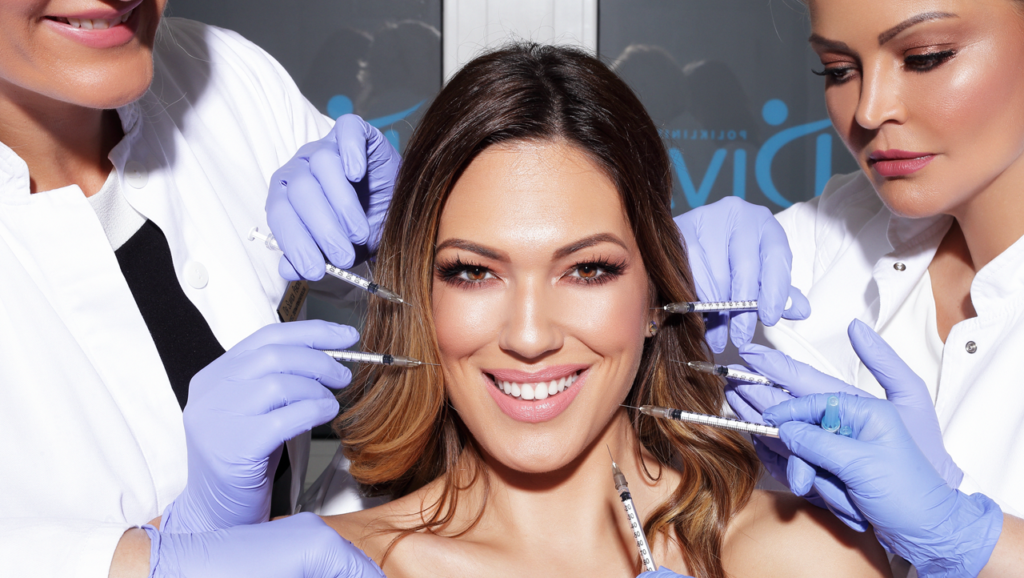
What is PRP Therapy?
PRP Therapy is a cutting-edge treatment that uses your blood to stimulate hair growth. The process involves drawing a small amount of blood, processing it to concentrate the platelets, and then injecting the platelet-rich plasma into your scalp. PRP contains growth factors that help repair and regenerate hair follicles.
Benefits of PRP Therapy
- Non-surgical: A minimally invasive procedure with no major surgery involved.
- Natural: Uses your body’s platelets, reducing the risk of allergic reactions.
- Effective: Promotes natural hair regrowth and improves hair density.
PRP Therapy Procedure
- Blood Collection: A small amount of blood is drawn from your arm.
- Processing: The blood is placed in a centrifuge to separate the platelet-rich plasma.
- Injection: The PRP is injected into the areas of the scalp experiencing hair loss.
3. Biotin Supplements are hair loss remedies for women
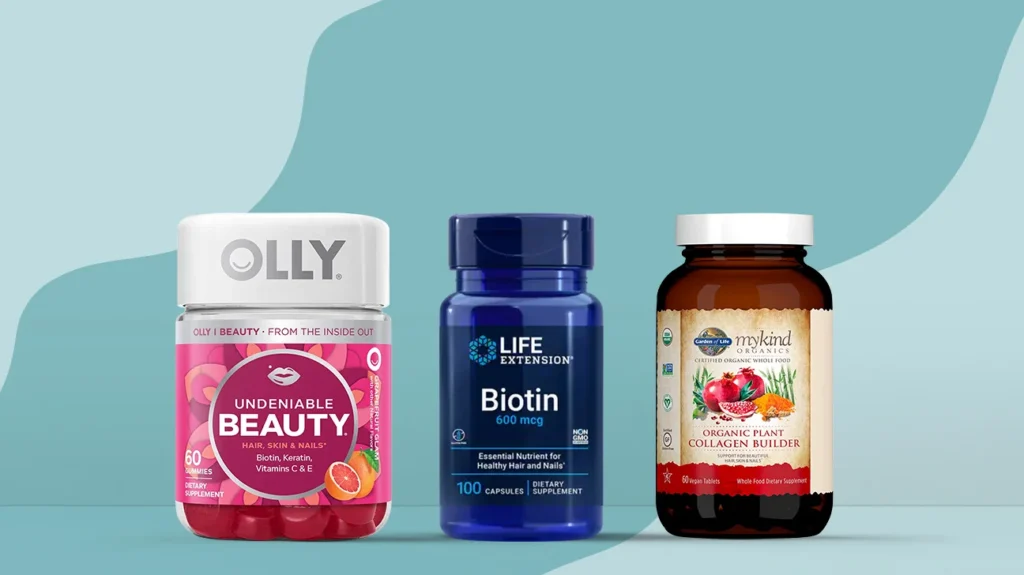
What is Biotin?
Biotin, also known as Vitamin B7, is essential for healthy hair growth. It strengthens hair strands, improves elasticity, and prevents breakage. Biotin supplements are widely available and can be an effective addition to your hair loss treatment regimen.
How to Take Biotin
- Dosage: Follow the recommended dosage on the supplement label.
- Diet: Combine with a balanced diet rich in biotin sources like eggs, nuts, and whole grains.
Benefits of Biotin
- Strengthens Hair: Improves hair structure and reduces breakage.
- Promotes Growth: Encourages the growth of healthy, strong hair.
- Easy to Use: Simple to incorporate into your daily routine.
4. Essential Oils are hair loss remedies for women
What are Essential Oils?
Essential Oils such as rosemary, lavender, and peppermint oil can promote hair growth and reduce hair loss. These oils have anti-inflammatory and antioxidant properties that improve scalp health and stimulate hair follicles.
How to Use Essential Oils
- Mixing: Mix a few drops of essential oil with a carrier oil (e.g., coconut or jojoba oil).
- Application: Massage the mixture into your scalp and leave it on for at least 30 minutes before washing it off.
- Frequency: Repeat the treatment 2-3 times a week.
Benefits of Essential Oils
- Natural: Chemical-free option for hair growth.
- Soothing: Provides a relaxing scalp massage experience.
- Versatile: Can be combined with other treatments for enhanced effects.
5. Laser Therapy are hair loss remedy for women
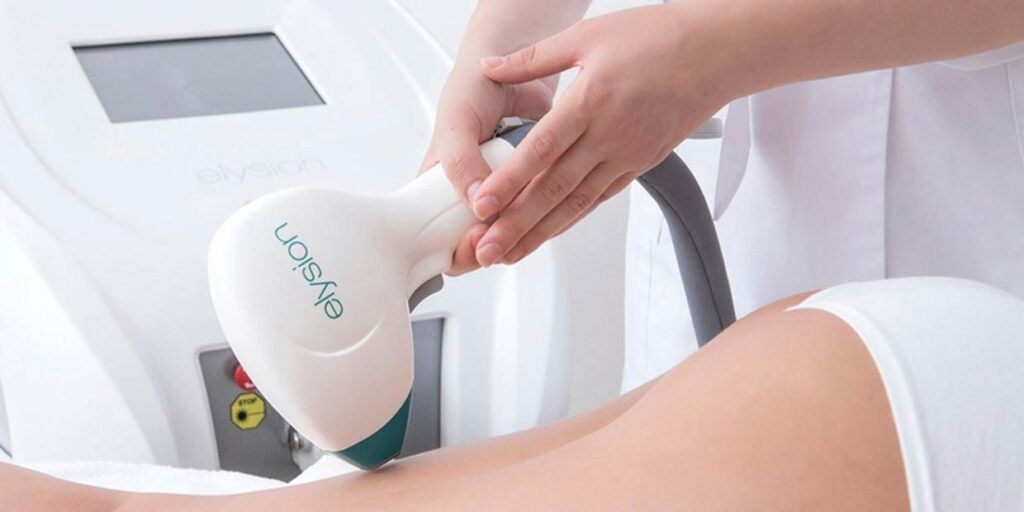
What is Laser Therapy?
Laser Therapy involves using low-level laser light to stimulate hair follicles and promote hair growth. This treatment increases blood flow to the scalp, providing the necessary nutrients and oxygen to hair follicles.
Benefits of Laser Therapy
- Non-Invasive: Painless and suitable for those who prefer non-surgical treatments.
- Convenient: FDA-approved devices available for home use.
- Complementary: Can be combined with other treatments for better results.
How Laser Therapy Works
- Light Stimulation: Low-level lasers penetrate the scalp to stimulate hair follicles.
- Improved Circulation: Increases blood flow and nutrient delivery to the scalp.
- Enhanced Growth: Encourages the growth of thicker, healthier hair.
6. Ketoconazole Shampoo are hair loss remedy for women
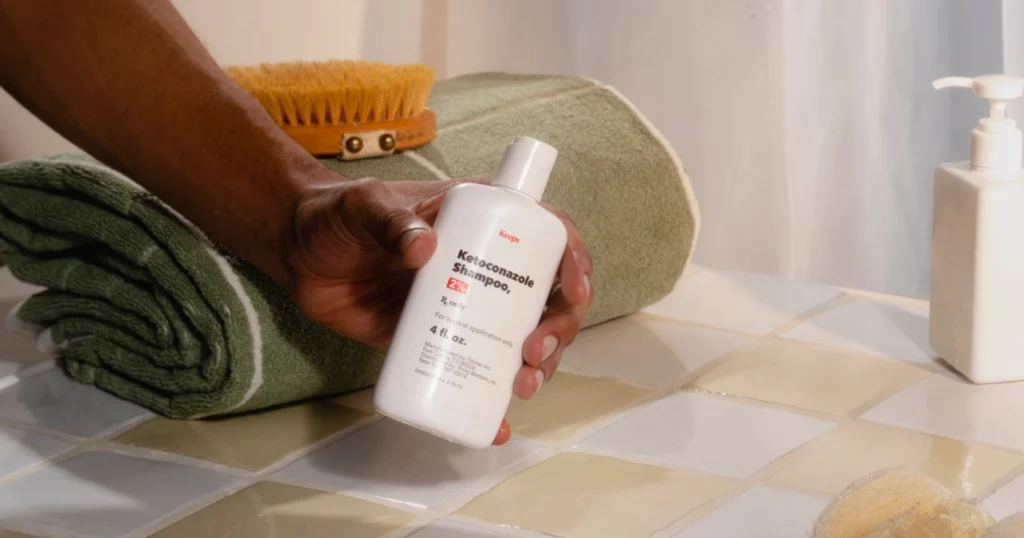
What is Ketoconazole Shampoo?
Ketoconazole Shampoo is an antifungal shampoo that can help treat hair loss caused by dandruff and scalp infections. It also has anti-androgenic properties, which can help reduce hair thinning.
How to Use Ketoconazole Shampoo
- Frequency: Use the shampoo 2-3 times a week.
- Application: Apply it to your scalp, leave it on for 5-10 minutes, then rinse thoroughly.
Benefits of Ketoconazole Shampoo
- Antifungal: Treats dandruff and scalp infections that contribute to hair loss.
- Anti-Androgenic: Helps reduce hormone-related hair thinning.
- Easy to Use: Incorporates into your regular hair-washing routine.
7. Diet and Nutrition are hair loss remedies for women
Importance of Diet and Nutrition
A balanced Diet and Nutrition are crucial for maintaining healthy hair. Certain nutrients like iron, zinc, and vitamins A, C, D, and E play a vital role in hair growth and preventing hair loss.
Key Nutrients for Hair Health
- Iron: Found in red meat, spinach, and lentils; essential for oxygen transport to hair follicles.
- Zinc: Found in oysters, beef, and pumpkin seeds; important for cell reproduction and tissue growth.
- Vitamins: Found in fruits, vegetables, nuts, and seeds; support various functions in hair growth and health.
Dietary Recommendations
- Protein-Rich Foods: Eggs, lean meats, and beans provide the building blocks for hair.
- Healthy Fats: Avocados, nuts, and seeds promote scalp health.
- Hydration: Drink plenty of water to keep your hair hydrated and strong.
8. Scalp Massage are hair loss remedies for women
Benefits of Scalp Massage
Regular Scalp Massage can improve blood circulation to the hair follicles, promoting hair growth. It also helps reduce stress, which is a common cause of hair loss.
How to Perform Scalp Massage
- Technique: Use your fingertips to apply gentle pressure to your scalp.
- Circular Motions: Massage in circular motions for 5-10 minutes daily.
- Enhanced Benefits: Use essential oils for added nourishment and relaxation.
DIY Scalp Massage Tools
- Scalp Massagers: Handheld devices designed to enhance the massage experience.
- Brushes: Soft-bristled brushes can stimulate the scalp and distribute natural oils.
9. Hair Masks are hair loss remedies for women
Benefits of Hair Masks
Hair Masks made from natural ingredients can nourish your scalp and strengthen your hair. Ingredients like egg, yogurt, honey, and avocado are rich in proteins and vitamins that support hair health
DIY Mask hair loss remedies for women Recipes
Egg and Yogurt Hair Mask
- Ingredients: 1 egg, 1 tablespoon of yogurt, and 1 tablespoon of honey.
- Preparation: Mix the ingredients into a smooth paste.
- Application: Apply the mixture to your scalp and hair, leave it on for 30 minutes, then rinse with lukewarm water.
Avocado and Olive Oil Hair Mask
- Ingredients: 1 ripe avocado and 2 tablespoons of olive oil.
- Preparation: Mash the avocado and mix with olive oil.
- Application: Apply to damp hair, leave it on for 30 minutes, then rinse thoroughly.
Frequency of Use
- Weekly Treatment: Use hair masks once a week for best results.
- Consistency: Regular application ensures continuous nourishment and strengthening of hair.
10. Avoid Heat Styling are hair loss remedy for women
Risks of Heat Styling
Excessive Heat Styling can damage your hair and lead to hair loss. High temperatures from hairdryers, straighteners, and curling irons can weaken hair strands and cause breakage.
Tips for Reducing Heat Damage
- Heat Protectants: Use heat protectant sprays before styling to minimize damage.
- Air-Drying: Opt for air-drying your hair whenever possible.
- Low Heat Settings: Use the lowest heat setting necessary to achieve your desired style.
Alternative Styling Methods
- Heatless Curls: Use rollers or braids to create curls without heat.
- Natural Textures: Embrace your hair’s natural texture and avoid frequent heat styling.
11. Stress Management are hair loss remedy for women
Impact of Stress on Hair Loss
Stress Management is essential for preventing hair loss. Chronic stress can lead to conditions like telogen effluvium, where hair falls out in large quantities.
Effective Stress Management Techniques
- Mindfulness and Meditation: Practice mindfulness and meditation to reduce stress and promote relaxation.
- Physical Exercise: Engage in regular physical exercise to relieve stress and improve overall health.
- Adequate Sleep: Ensure you get enough sleep each night to support hair growth and overall well-being.
Creating a Stress-Free Environment
- Relaxation Practices: Incorporate relaxation practices such as yoga or deep breathing exercises into your daily routine.
- Time Management: Manage your time effectively to reduce stress and avoid burnout.
12. Natural hair loss remedies for women
Popular Natural Remedies for Hair Loss
Natural Remedies for hair loss include using ingredients like aloe vera, onion juice, and green tea. These remedies are rich in nutrients and antioxidants that can improve scalp health and promote hair growth.
How to Use Natural Remedies
Aloe Vera
- Preparation: Extract fresh aloe vera gel from the plant.
- Application: Apply the gel to your scalp, leave it on for 30 minutes, then rinse with lukewarm water.
Onion Juice
- Preparation: Blend an onion and extract the juice.
- Application: Apply the juice to your scalp, leave it on for 15 minutes, then wash it off with a mild shampoo.
Green Tea
- Preparation: Brew green tea and let it cool.
- Application: Use the cooled tea as a rinse after shampooing your hair.
Benefits of Natural Remedies
- Cost-Effective: Often more affordable than commercial hair loss treatments.
- Chemical-Free: Free from synthetic chemicals and additives.
- Accessible: Ingredients are readily available and easy to use at home.
Additional Tips for Healthy Hair
- Regular Trims: Get regular hair trims to prevent split ends and maintain hair health.
- Gentle Hair Care: Use gentle hair care products and avoid harsh chemicals.
- Hydration: Keep yourself hydrated to support overall hair health.
- Protective Hairstyles: Opt for protective hairstyles that minimize tension on your hair and scalp.
By following these comprehensive hair loss remedies and tips, you can take proactive steps toward achieving and maintaining healthy, vibrant hair.
Conclusion
Hair loss can be a challenging experience for women, but with the right treatments and lifestyle changes, you can promote hair regrowth and maintain healthy hair. Whether you choose medical treatments like Minoxidil and PRP Therapy, or natural remedies like essential oils and DIY hair masks, consistency is key. Combine these remedies with a balanced diet, regular scalp massages, and stress management techniques for the best results. By incorporating these top 12 hair loss remedies for women into your routine, you’ll be well on your way to achieving stronger, thicker, and more beautiful hair.
Remember, before using these hair loss remedies for women it’s essential to consult with a healthcare professional before starting any new treatment, especially if you have underlying health conditions or are taking other medications. With the right approach, you can regain your confidence and enjoy a full head of healthy hair once again.
Frequently Asked Questions (FAQs) for hair loss remedies for women
1. What causes hair loss in women?
Hair loss in women can be caused by a variety of factors including hormonal changes (such as pregnancy, menopause, and thyroid issues), genetics (female pattern baldness), nutritional deficiencies (lack of iron, zinc, and vitamins), chronic stress, certain medical conditions (like PCOS and autoimmune diseases), and side effects from certain medications.
2. How does Minoxidil work for hair loss?
Minoxidil, also known as Rogaine, is a topical solution applied directly to the scalp. It works by stimulating hair follicles, promoting new hair growth, and slowing down hair loss. It is particularly effective for women experiencing thinning hair on the top of their head.
3. What is PRP Therapy and how effective is it for hair loss?
PRP (Platelet-Rich Plasma) Therapy involves drawing a small amount of your blood, processing it to concentrate the platelets, and then injecting the platelet-rich plasma into your scalp. The growth factors in PRP help repair and regenerate hair follicles, promoting natural hair growth and improving hair density. It is a non-surgical, minimally invasive procedure.
4. Are there any side effects of taking Biotin supplements for hair growth?
Biotin supplements are generally considered safe and have minimal side effects. However, excessive intake can lead to minor issues like skin rashes or digestive upset. It’s important to follow the recommended dosage on the supplement label and consult with a healthcare professional before starting any new supplement regimen.
5. How often should I use essential oils for hair growth?
To promote hair growth, you can use essential oils like rosemary, lavender, or peppermint oil 2-3 times a week. Mix a few drops of essential oil with a carrier oil (such as coconut or jojoba oil), massage it into your scalp, and leave it on for at least 30 minutes before washing it off.
6. Is laser therapy safe for treating hair loss?
Yes, laser therapy is considered a safe and non-invasive treatment for hair loss. Low-level laser light stimulates hair follicles and increases blood flow to the scalp, promoting hair growth. FDA-approved laser therapy devices are available for home use and can be used in conjunction with other treatments for enhanced results.
7. Can a poor diet contribute to hair loss?
Yes, a poor diet lacking essential nutrients like iron, zinc, and vitamins A, C, D, and E can contribute to hair loss. A balanced diet rich in these nutrients is crucial for maintaining healthy hair. Including protein-rich foods, healthy fats, and staying hydrated are also important for hair health.
8. How does stress impact hair loss, and what can I do to manage it?
Chronic stress can lead to hair loss conditions like telogen effluvium, where hair falls out in large quantities. To manage stress, practice mindfulness and meditation, engage in regular physical exercise, ensure adequate sleep, and incorporate relaxation practices like yoga or deep breathing exercises into your daily routine.
9. Are natural remedies effective for hair loss?
Natural remedies like aloe vera, onion juice, and green tea can be effective in promoting hair growth and improving scalp health. These remedies are rich in nutrients and antioxidants, are cost-effective, and free from synthetic chemicals. However, their effectiveness can vary from person to person.
10. How can I prevent heat styling from damaging my hair?
To prevent heat damage, use heat protectant sprays before styling, opt for air-drying your hair whenever possible, and use the lowest heat setting necessary to achieve your desired style. Additionally, consider using alternative styling methods like heatless curls or embracing your hair’s natural texture